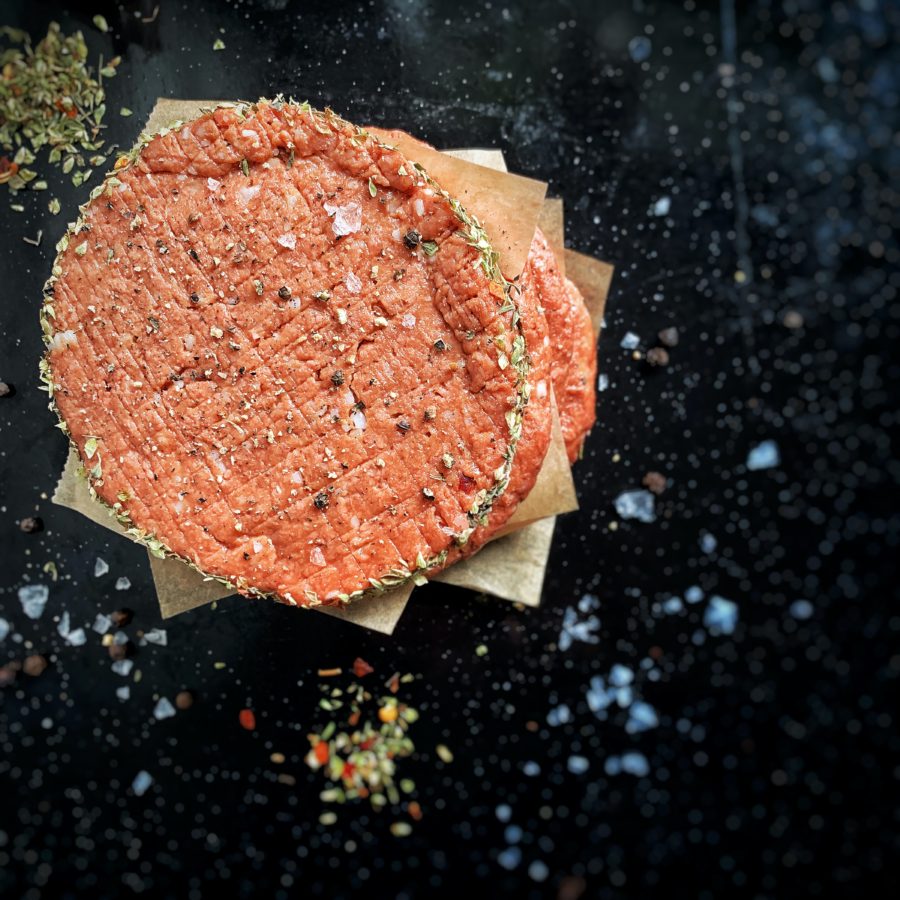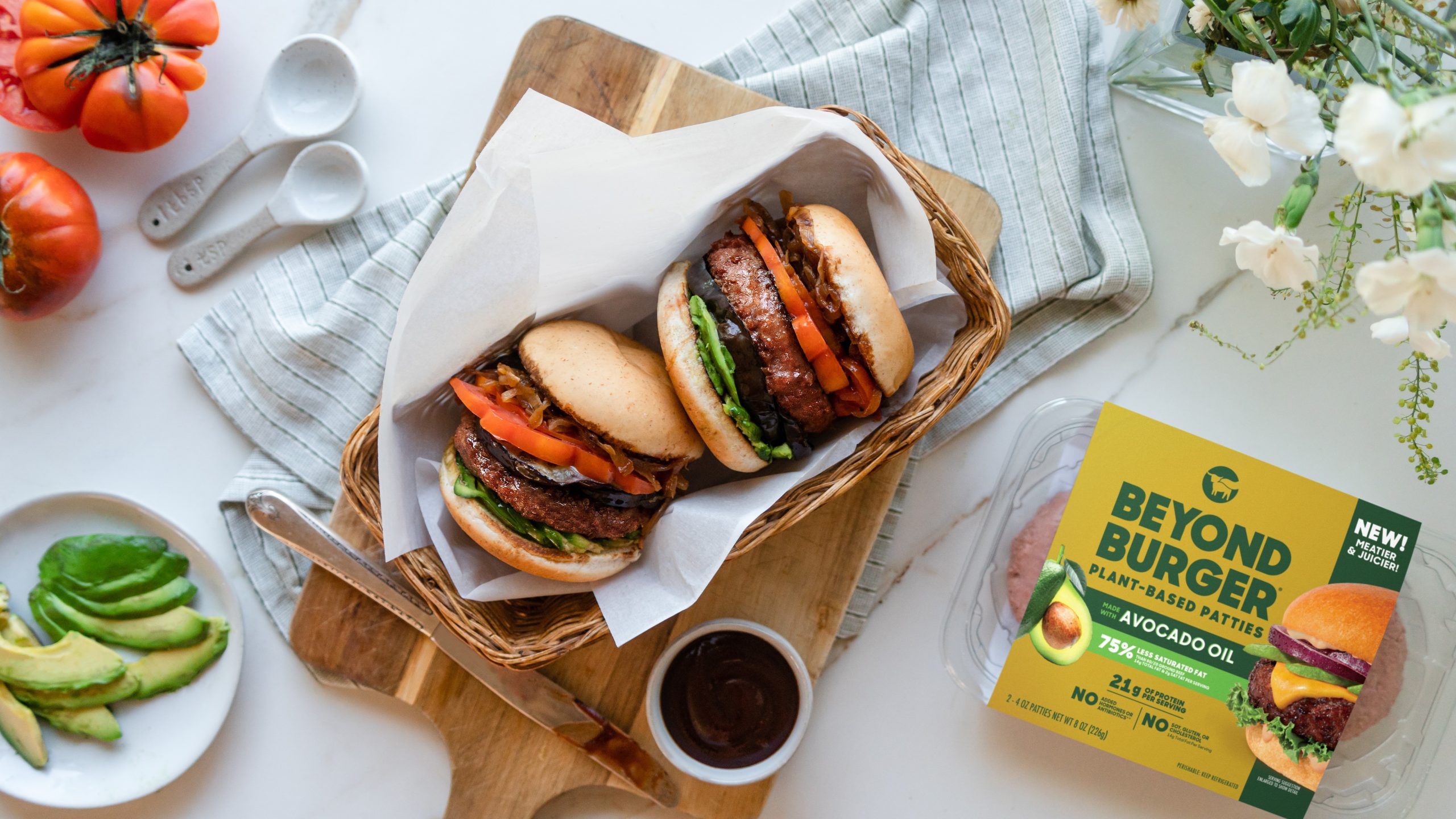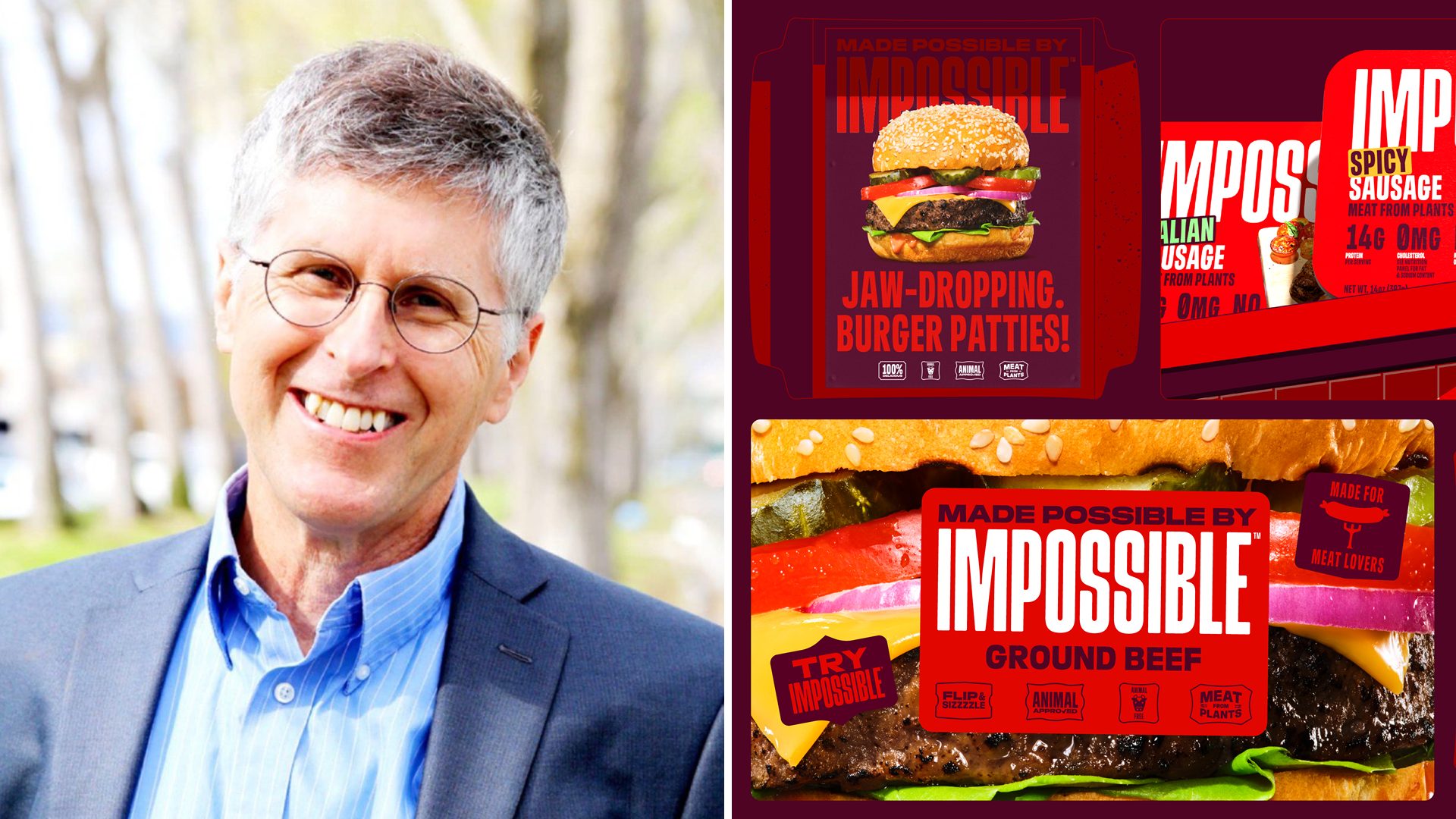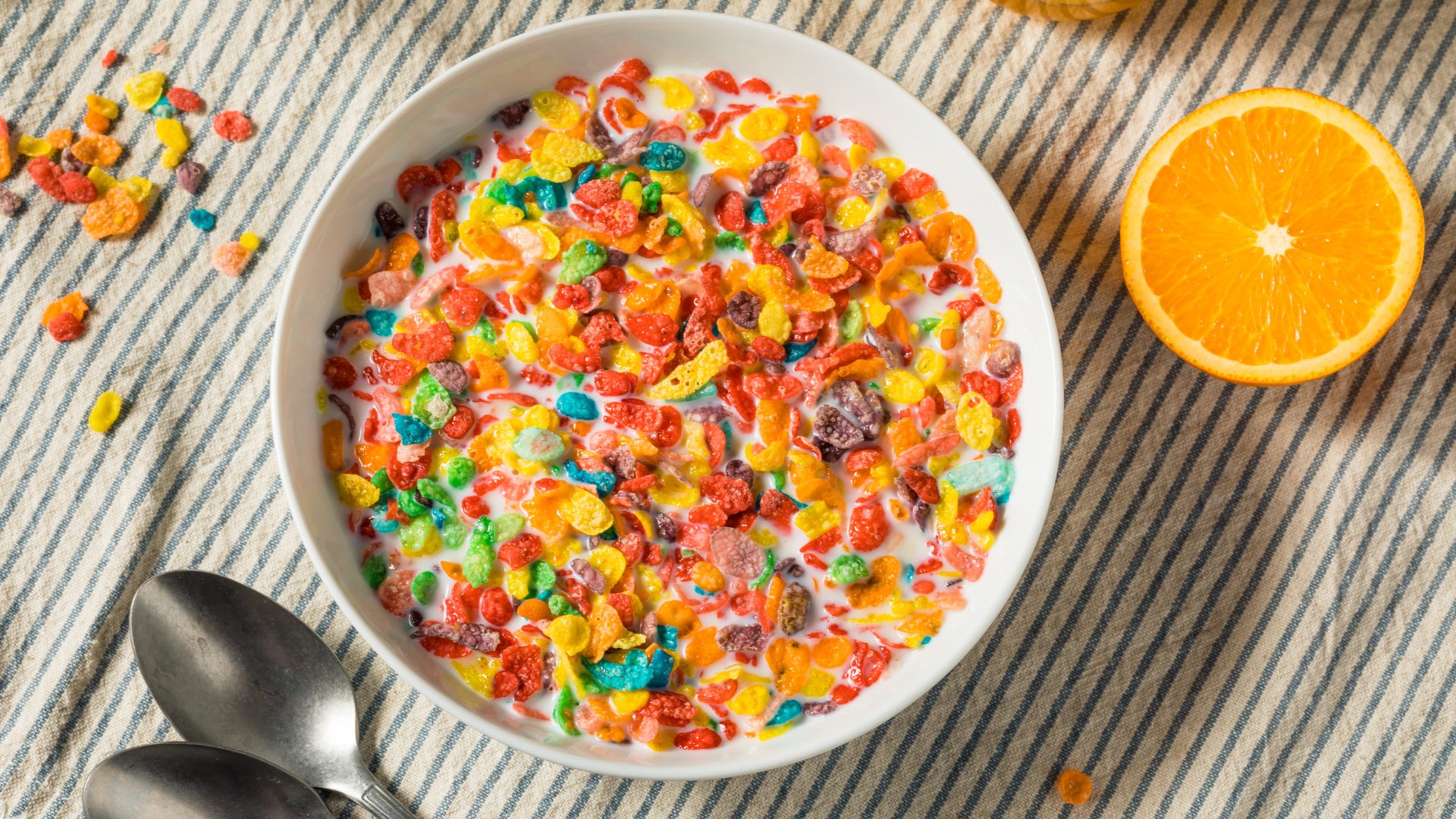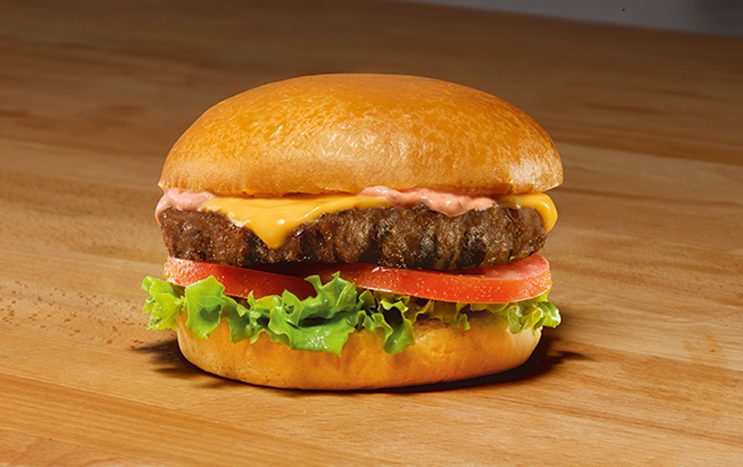Shoppers are increasingly turning to plant-based products.
The specialty plant-based segment has grown more than 27% since 2017, reaching nearly $5 billion in total brick-and-mortar sales in 2019, according to the recent State of the Specialty Food Industry research from the Specialty Food Association and Mintel. SPINS indicated sales of plant-based products outpaced sales gains during March in the overall food and beverage market, as well as in natural products and organic products, the SFA State of the Industry report found.
During the pandemic, supply for plant-based alternatives remained strong, while traditional meat and dairy supply struggled to keep up following a surge in demand in March.
“We have not seen any real issues in the food supply,” said Tony Antoci, CEO of Los Angeles-based Erewhon Market. “During the crazy days in March and April the supplies were short but for the most part recovered completely.”
Refrigerated plant-based meat alternatives went up 112% in dollar sales and 70% in unit volume between 2017 and 2019, driven in part by inflation and in part by consumers buying new premium brands such as Beyond Meat—and demand is still growing.
Following Impossible Foods Inc.’s debut of its direct-to-consumer e-commerce site in June, Beyond Meat recently launched its shop.beyondmeat.com site that makes its products directly available to consumers. Meanwhile, Incogmeato by MorningStar Farms is offering the largest new product line in the brand’s 40-year history, reported MarketWatch (Aug. 27).
Since March, Impossible Foods has increased its presence at grocery outlets 60 times to 9,000 stores, which include Kroger and Walmart. Impossible products are also sold at Starbucks’ 15,000 stores.
In the week beginning Aug. 23, Impossible said its flagship product was now available in packages of two pre-formed, quarter-pound, burger patties at nearly 2,000 grocery stores nationwide owned by Kroger.
Capitalizing on the trend, Hormel is launching a new line of plant-based ingredient solutions available to food manufacturers in the U.S.
“These new products are designed to help food manufacturers incorporate more plant-based foods into their offerings for the growing number of consumers interested in adding these items to their diets,” said Paul Sheehan, director of sales for Hormel Ingredient Solutions.
The products are powered by pea protein and include fully cooked crumbles and uncooked ground products, with the former available in options ranging from traditional and Italian, to breakfast and Chorizo-style flavors.
“The bottom line is that people want to add more plants to their diet, but they also want them to taste great,” said Sheehan. “These new items allow food manufacturers to explore how easy it is to add the power of plant-based ingredients to a variety of applications.”
Meanwhile, Lightlife Foods unveiled its “Clean Break” campaign to highlight the latest version of its plant-based burger—a vegan patty reformulated with only 11 ingredients. The company also called on Impossible and Beyond to follow in its footsteps and create cleaner plant-based foods, reported Forbes (Aug. 25).
In an open letter to Beyond Meat and Impossible Foods advertised in newspapers, Lightlife president Dan Curtin writes, “Enough with the hyper-processed ingredients, GMOs, unnecessary additives and fillers, and fake blood.”
He noted that Lightlife is making a “clean break” from “food tech companies” to use simpler ingredients and methods.
However, although Lightlife’s new plant-based burger does have fewer ingredients than its competitors, it clocks in at around the same calorie count and overall fat.
Additionally, it’s not just plant-based meat that consumers are after. Dairy alternatives are also growing in popularity.
Halo Top is introducing an improved dairy-free recipe for the light ice cream maker’s non-dairy flavors. Halo Top’s Dairy-Free series starts with a coconut milk base and now contains fava bean protein.
“With our Dairy-Free line, we replaced brown rice protein with fava bean protein for a creamier texture that’s packed with flavor,” said Shilpa Gadhok, senior brand manager. “Plant-based demand is higher than ever, and we want to provide our fans with an offering they feel great about eating—so they don’t have to choose between pursuing a plant-based lifestyle and enjoying dessert.”


